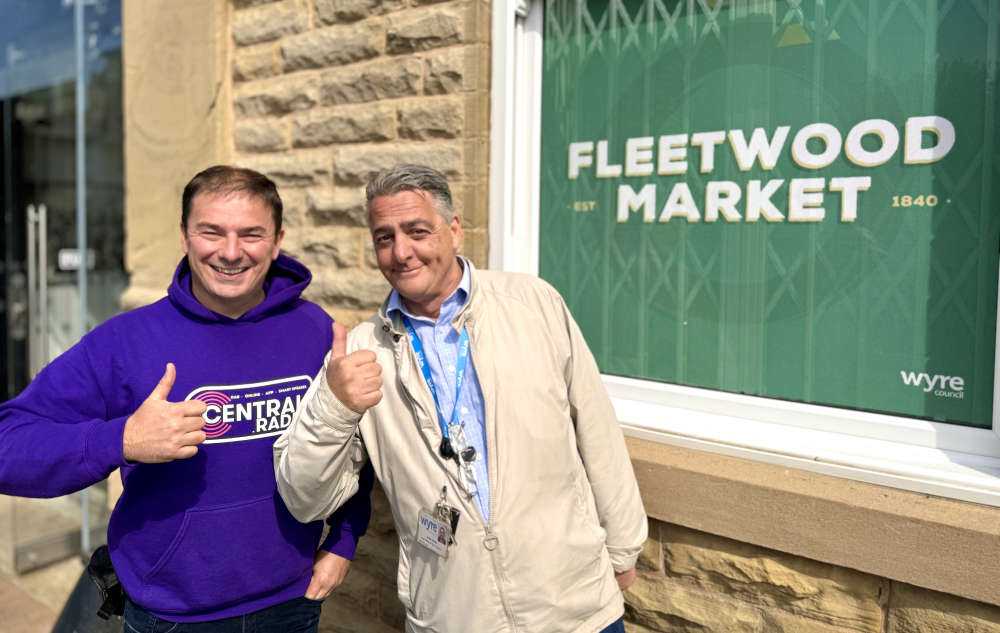
Wyre Council invited us to explore this fantastic community asset where bargain hunters travel from all four corners of the country.
Nestled in the heart of the Lancashire coastal town of Fleetwood, Fleetwood Market stands as a bustling symbol of community spirit, tradition, and local enterprise. For over a century, this beloved market has been a cornerstone of the town, bringing together people from all walks of life, fostering local commerce, and acting as a vibrant meeting place for residents and visitors alike.
A History Steeped in Tradition
Fleetwood Market first opened its doors in 1840, and since then, it has grown to become one of the largest traditional markets in the northwest of England. With its Victorian charm still intact, the market has preserved its historic roots while evolving to meet the modern demands of its shoppers. The market’s grand halls house over 250 stalls, offering a vast array of goods ranging from fresh produce and handmade crafts to unique antiques and contemporary fashion. Its longevity is a testament to its ability to adapt, while still honouring its origins as a vital local hub.
The Role of Local Markets in Community Life
Local markets like Fleetwood Market are much more than just places to shop—they are vital lifelines for communities. These markets serve as social and economic hubs, fostering a sense of belonging and connection among residents. Whether it’s the friendly banter between stallholders and customers or the opportunity to buy fresh, locally-sourced goods, these markets are integral to the fabric of the community.
At Fleetwood Market, you can feel the pulse of the town. Locals gather to catch up with friends, share news, and support local businesses. These small, independent traders often rely on the market for their livelihood, and in turn, they provide a much-needed alternative to the homogeneity of high street chains and online shopping. The market’s diverse offerings mean that visitors can find one-of-a-kind items and support artisans and small-scale producers, helping to keep local traditions alive.
Central Radio's Nathan Hill spoke to some of the traders:
First we spoke to Barry, trading in clothing accessories and is one of the markets longest traders, LISTEN HERE:
Working in the market has been Julie's passion with the stall still going strong after 38 years of Julie's Haberdashery and Wood:
Mo is from Foneworld, for cases for phones and tablet along with repairs to most tech items:
Will is another long standing trader at the market with his father starting in the 70's with a stall and here today specialising in mens larger-fit clothing:
Finally, we spoke to Julian the Market Manager, he tells us about the significant recent investment into the market along with how new traders can start their own stall:
Economic Impact and Sustainability
The importance of Fleetwood Market extends beyond its social value—it plays a significant role in supporting the local economy. With a focus on sustainability and supporting local producers, markets like Fleetwood help keep money circulating within the local area. By shopping at the market, residents are investing in their community, supporting local jobs, and reducing their environmental impact by purchasing products that haven’t travelled long distances.
Local markets also act as incubators for small businesses. Fleetwood Market, for example, offers affordable rent and low startup costs for new traders, making it an ideal place for entrepreneurs to test their ideas and grow their businesses. Many local success stories have begun with a single stall at the market, demonstrating the critical role that these spaces play in fostering innovation and local enterprise.
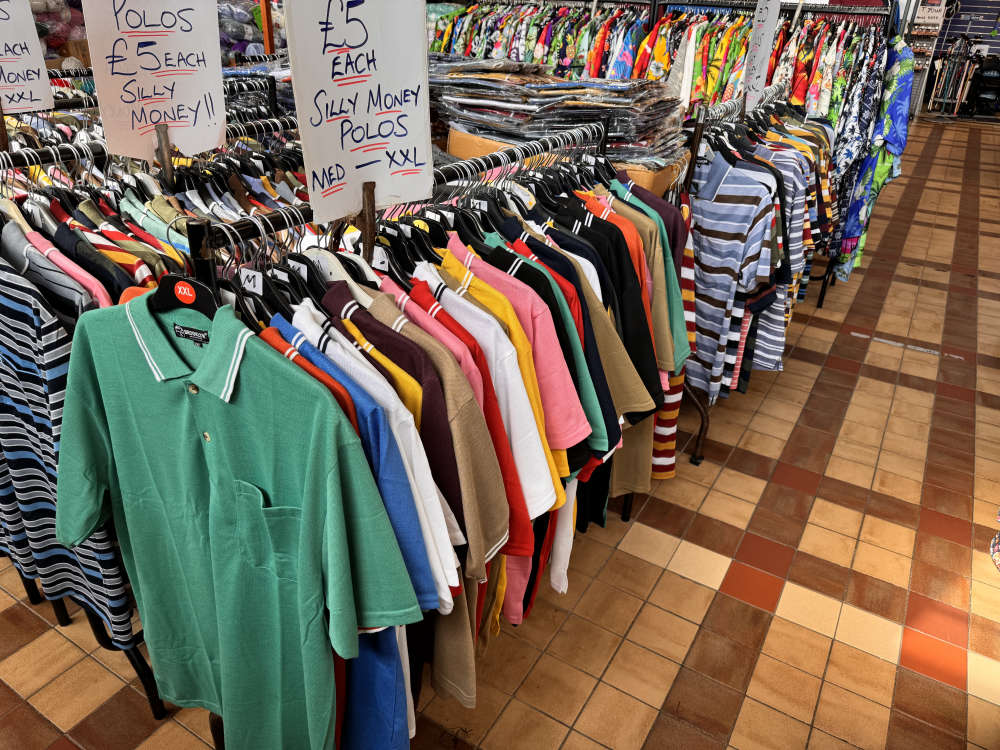
A Market for Everyone
Fleetwood Market is open four days a week, welcoming visitors from far and wide. The market features a vibrant mix of indoor and outdoor stalls, ensuring there’s something for everyone. Food lovers can find a wide range of fresh produce, locally-made cheeses, meats, and baked goods. Those with a flair for fashion can browse the latest trends, while vintage enthusiasts can hunt for hidden gems among the antiques and collectibles. The market also regularly hosts themed events, live entertainment, and seasonal celebrations, further cementing its place at the heart of the community.
One of the unique features of Fleetwood Market is its ability to cater to modern tastes while still maintaining a strong sense of tradition. Stalls that have been passed down through generations stand alongside newer businesses, creating a dynamic and diverse marketplace that attracts people of all ages.
A Vital Future for Fleetwood Market
As Fleetwood Market continues to thrive, its success highlights the ongoing importance of local markets in today’s society. In an age dominated by e-commerce and large retail chains, traditional markets offer a personal touch and a sense of community that is becoming increasingly rare. They provide a space where people can connect, where local economies can flourish, and where culture and heritage are preserved for future generations.
In Fleetwood, the market is more than just a place to buy and sell—it is a place where the town’s history, spirit, and future converge. As it continues to evolve, Fleetwood Market remains a beacon of community strength and local pride, reminding us all of the value of supporting and celebrating the spaces that bring us together.
Fleetwood Market is open on Tuesdays, Thursdays, Fridays, and Saturdays, offering something for everyone who steps through its historic doors. Whether you’re looking for fresh produce, unique gifts, or simply a friendly chat, Fleetwood Market is the beating heart of the community and a testament to the enduring power of local markets.
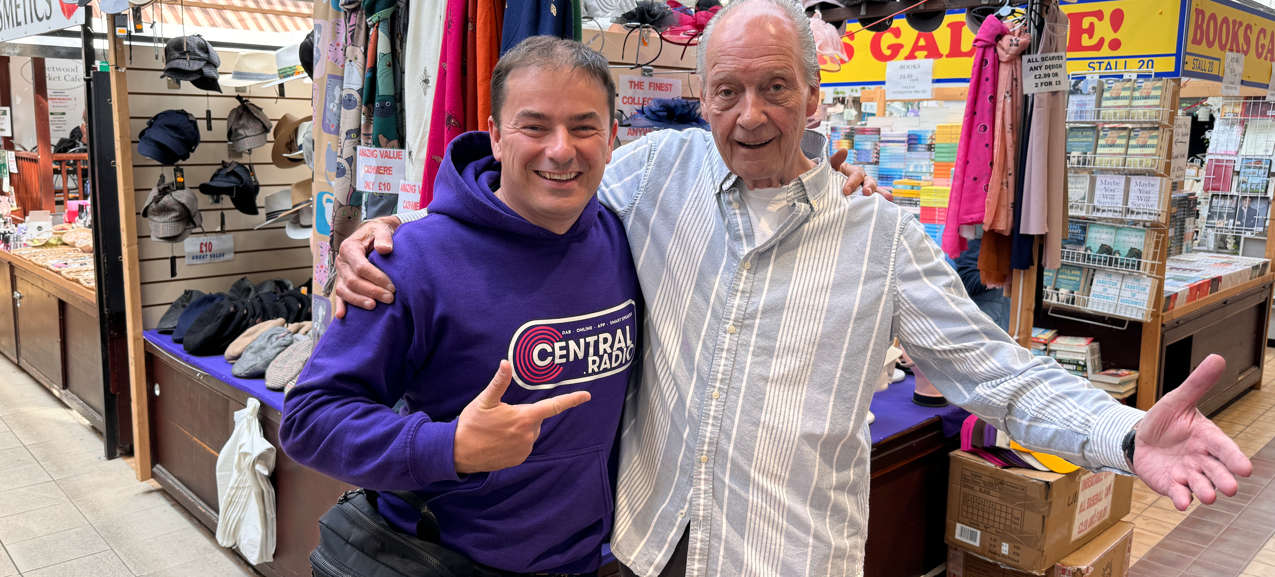
Recently, the market has undergone significant refurbishment, a £4.2 million project aimed at preserving its historical charm while modernizing its infrastructure. The works include the replacement of the slate roof on the Market Hall, installation of new energy-efficient windows and doors, and the introduction of renewable energy technologies. These updates are part of Wyre Council's commitment to achieving net-zero carbon emissions by 2035, reflecting the growing importance of sustainability in the market's future. The project received substantial funding from the Public Sector Decarbonisation Scheme, underscoring the Council's dedication to both heritage and environmental goals.
As Fleetwood Market transitions through this period of renewal, its role as a vital community asset remains clear. With ongoing support and these critical updates, the market is poised to continue serving both locals and visitors for generations to come, all while moving towards a greener, more sustainable future.



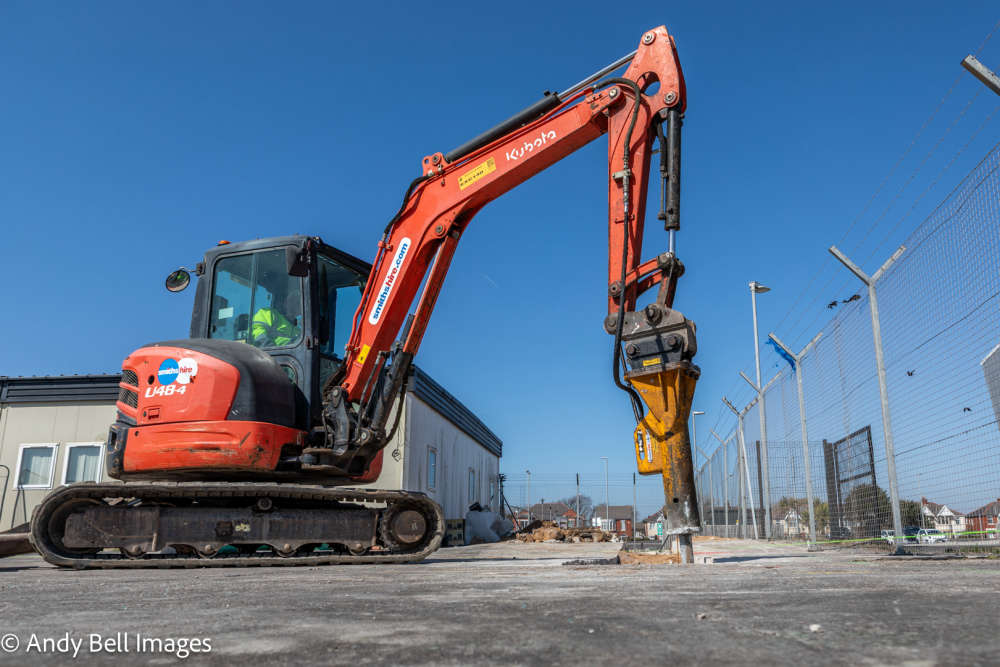 Work begins on new passenger terminal at Blackpool Airport
Work begins on new passenger terminal at Blackpool Airport
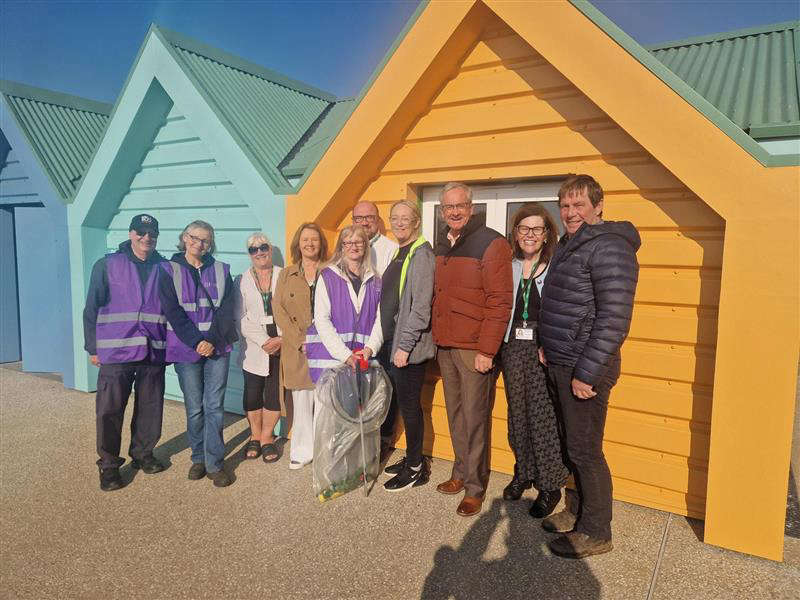 Community Beach Hub Opens on St Annes Beach
Community Beach Hub Opens on St Annes Beach
 Blackpool property linked to drugs closed down
Blackpool property linked to drugs closed down
 Concern for missing Preston man also wanted on recall to prison
Concern for missing Preston man also wanted on recall to prison
 Road closure fees in Blackpool waived for VE Day street parties
Road closure fees in Blackpool waived for VE Day street parties
 Man arrested with knife on Blackpool Promenade
Man arrested with knife on Blackpool Promenade
 Youngsters photo exhibition on display in Parliament
Youngsters photo exhibition on display in Parliament
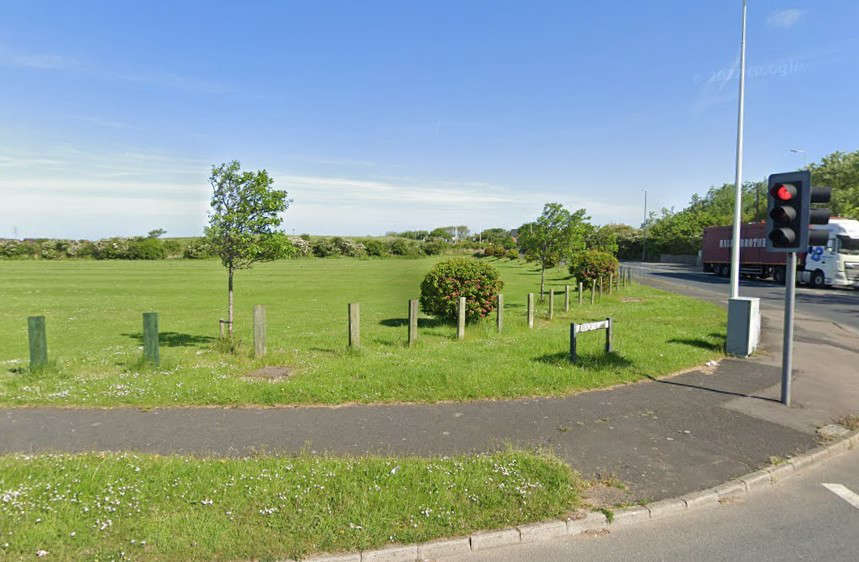 Chance for residents in Thornton to have say over how to improve green space
Chance for residents in Thornton to have say over how to improve green space




